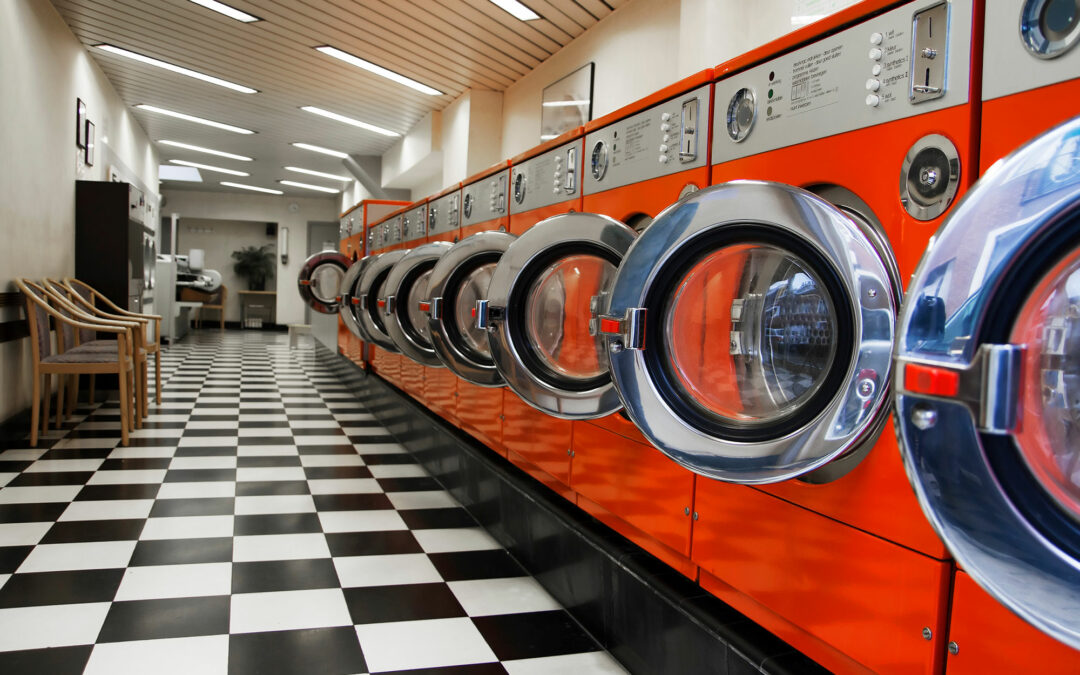Who you are as a restaurant manager changes from day to day. (And if it doesn’t, you may not be doing it right.) Effective leaders are flexible, changing styles and strategies to meet the needs of their teams. Effective leaders know that in order for their teams to grow, they need to develop their own skills. Take a look at this list of ten top leadership goals as a place to start.
Goals for Restaurant Managers
- Live like the role model you are. Your employees are always watching you, and they’ll intuitively follow your lead on many different levels. For example, if you want your employees to practice productive conflict resolution among themselves, you had better demonstrate that same behavior when you’re faced with a difficult situation.
- Commit to your own training. You already know that restaurant staff training is critical to the success of your operation. Your own professional development is just as important. Your leadership goals should include some kind of learning, such as taking a class, learning a few phrases in Spanish, or even just subscribing to a professional blog or podcast.
- Act more like a coach than a boss. When you shift your management style from being a boss to being a coach, you’ll inspire loyalty and boost team effectiveness. Operating as a coach gives you the power of your team behind you, supporting your leadership goals every step of the way.
- Seek out and manage change. Many great restaurant managers will tell you that change is about the only thing you can count on in this crazy business. Effective leaders don’t wait for change to happen, they actively initiate it. Conduct a gap analysis in your restaurant to identify the areas you need to improve through change.
- Accept your own mistakes. While great leaders tend to have high expectations of their own performance, the most effective leaders know that there is opportunity in failure. Growth – both personal growth and business growth – comes from trying new things. Trying new things inevitably leads to making mistakes now and then. That’s okay. When a plan falls short of your expectations, learn from it and move on.
- Recognize your team daily. Your team’s success is your success. Recognizing positive behavior is a huge motivator. Don’t think of recognition as an all-or-nothing proposition by waiting for major milestones to be met before you reward employees. Find ways to thank your employees for their contributions every day.
- Improve your time management strategy. Being busy is not always the same as being productive. As part of your leadership goals, prioritize your to-do list every day and find at least one task per day that you can delegate to an employee who is looking to expand their skills.
- Adopt the right technology. There are many technology-based tools that can support your leadership goals. Sometimes, these tools may simply enable you to have more time to focus on goals. A learning management system, for example, will streamline your restaurant training giving you more time to develop your own skills.
- Learn different communication styles. Everyone has their own way of communicating. Effective leaders don’t force their style on their employees. Rather, they adapt their style based on what their employees need. This takes work, but the results lead to improved collaboration and understanding.
- Think strategically. As a restaurant manager, you may feel overwhelmed by the details you need to manage just to get through every day. Be careful not to lose sight of the big picture. Establish smart goals that align with your restaurant’s overall mission and vision, and share that regularly with your team.
Get More Restaurant Management Tips
The restaurant management section of our blog is dedicated to helping you meet your leadership goals. Check it out!





